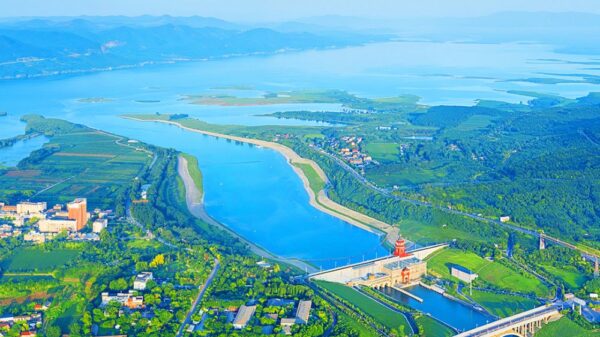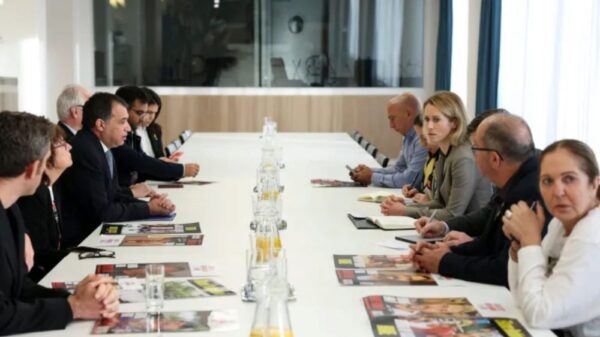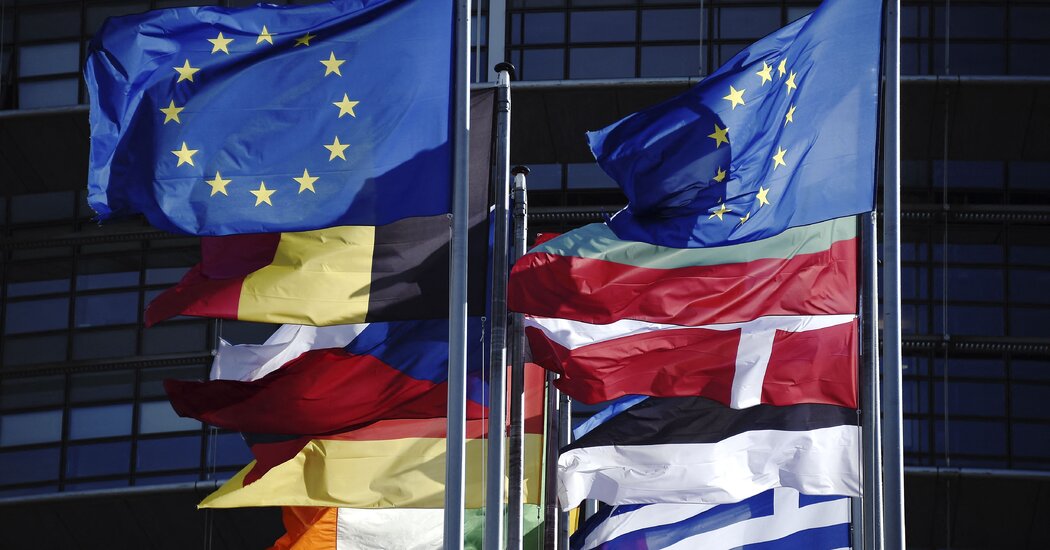BRUSSELS — When President Vladimir V. Putin of Russia moved to recognize the separatist Ukrainian enclaves of Donetsk and Luhansk on Monday, the European Union won accolades for quickly and decisively moving to impose sanctions on people in his inner circle.
Leaders in the bloc also warned that a larger package was being readied in case Mr. Putin decided to invade. And diplomats on Wednesday expressed hope that the mere threat of that second package, which they called a “Damocles sword,” would act as a deterrent.
But as Russian troops launched an invasion of Ukraine on Thursday, it became painfully clear that they had badly miscalculated.
E.U. leaders will therefore flock to Brussels on Thursday evening for an emergency summit that will seek to quickly approve the second round of sanctions, although finding compromise without appearing to dither in the face of a once-in-a-generation conflict will be hard.
Until the invasion, European diplomats directly involved in the talks over sanctions presented a much less united picture of the European Union, whose dependence on Russian gas is just one of the ways it is limited in truly punishing Moscow without crippling its own economies.
Diplomats said that several E.U. members were concerned about other sectors of Russia’s economy that could be penalized. Austria, Germany and Italy raised concerns about imposing broad sanctions on cross-border financial transactions and banking operations. And Italy was pushing to leave the luxury goods industry untouched so that it could continue exporting fashion and other high-end products to Russia.
“Going further than Wednesday’s sanctions could prove a big problem for Prime Minister Mario Draghi of Italy,” said Mujtaba Rahman, the managing director for Europe with the Eurasia Group consulting firm, referring to Italy’s multifaceted dependence on Russia.
Belgium was seeking an exemption for its large diamond sector, and no E.U. countries were seriously advocating sanctions on Russia’s vital energy sector.
The European Commission, the bloc’s executive branch, has been working on the sanctions package for months, which partly explains why the first set of penalties this week was approved so swiftly. But there are no guarantees that the same will be the case with the second one on Thursday.
Josep Borrell Fontelles, the E.U’s top diplomat, said on Thursday morning that the bloc was set to adopt “the harshest package of sanctions we have ever implemented.” The proof will be in the doing.




























